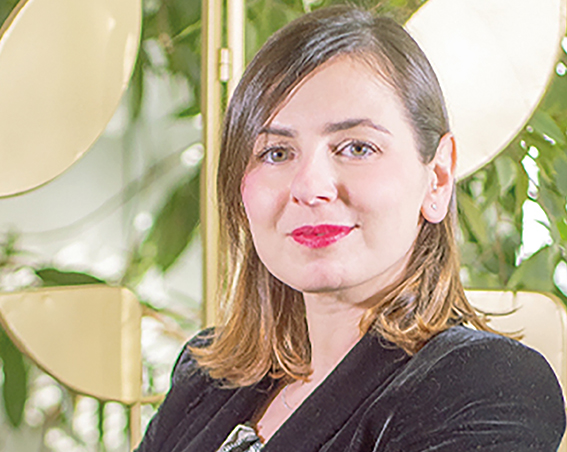Panel discussion on...
Distruptive Technology

Upcycling: a beacon of sustainability -driven innovation
In a world where environmental consciousness is no longer a choice but a responsibility, the cosmetics industry finds itself at a crossroads, grappling with the need for sustainable solutions amidst the challenges posed by traditional ingredient exploration. A beacon of hope emerges in the form of upcycling, a revolutionary model that not only addresses sustainability concerns but also fosters innovation through the creative second life of waste.
Traditional cosmetic ingredients often rely on energy-intensive and generally unsustainable processes, contributing to environmental degradation. Fitting examples are palm oil plantations linked to deforestation, or the extraction of rare minerals leading to habitat destruction. However, amidst these challenges, the cosmetics sector is witnessing a paradigm shift driven by a commitment to sustainability, and at the heart of this transformation lies the upcycling model.
Upcycling, in the context of cosmetics, involves repurposing waste materials into high-quality ingredients. This innovative approach not only mitigates the environmental impact of traditional ingredient sourcing but also fosters a circular economy by minimizing waste and maximizing resources.
To ensure that these sustainability initiatives do not compromise product performance, cosmetic companies are investing heavily in research and development: the cooperation with scientists, biotechnologists, and sustainability experts are driving the discovery of innovative ways to harness the full potential of upcycled materials. The result is a win-win scenario, where products not only meet or exceed performance expectations but also contribute to a healthier planet.
One groundbreaking solution lies in harnessing the power of fruit and vegetable remnants that would otherwise be discarded. The upcycling model encourages the extraction of valuable bioactive compounds from these left overs, turning them into high-performing ingredients for beauty products. The upcycling model also challenges the traditional notion of beauty by embracing diversity in ingredient sourcing. The cosmetic industry is also turning to education and transparency as powerful tools in promoting sustainability. By sharing the journey from waste to product, cosmetic companies are not only showcasing their commitment to transparency but also inviting consumers to be part of the larger sustainability narrative. This transparency builds trust and loyalty among consumers who increasingly seek products aligned with their values.
Personal care market, propelled by the principles of sustainability-driven innovation through the upcycling model, holds a profound responsibility in safeguarding the health of consumers and the environment. Balancing these responsibilities with marketing needs requires delicate actions, in order to prioritize transparency, authenticity, education, and ethical branding. In this harmonious approach, the cosmetics industry can redefine beauty not only as an aesthetic pursuit but as a conscientious and ethical choice that resonates with the values of consumers and contributes to a healthier, more sustainable world.
In conclusion, the cosmetics industry stands at the precipice of a transformative journey, and upcycling emerges as a beacon of sustainability-driven innovation. By redefining the way ingredients are sourced, the cosmetic industry has the potential to not only mitigate its environmental impact but also set new standards for eco-conscious beauty.
Panelists

















